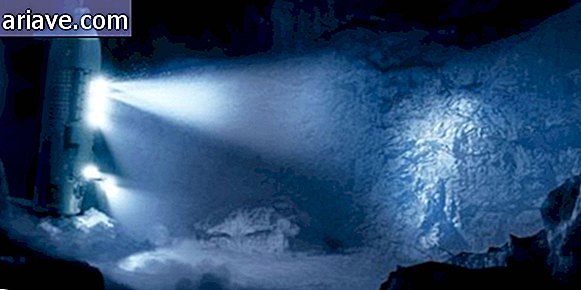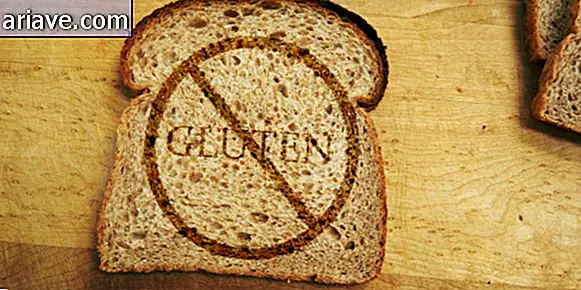Why are teeth not considered bones?
They are hard, sharp and strong enough to shred food that often even a kitchen knife suffers to cut. They are formed by calcium, just like the other bones in our body. So why aren't teeth considered bones by science?
Teeth are known to be the toughest part of the human body, and this is thanks to a substance called dentin, covered with a layer of enamel. This combination is critical to tooth strength.

Bones do not have this same formation. Instead of the enamel layer, its surface is covered by the periosteum, a substance made up of osteoblasts, the cells responsible for keeping bones repairing and growing - a regenerating ability that teeth in turn do not have.
Most bones are covered by the periosteum, except for the long bone tips where the joints are viscous, allowing for better mobility.

Although both have a high percentage of calcium in their composition, even the way this element forms teeth and bones is different. In the case of the former, there is also phosphorus and other minerals, while the latter also receive sodium and collagen proteins, allowing bones to remain flexible and resistant to pressure. Calcium arrives to fill the spaces around the collagen frame so that the bone system can give structure to the body.
Within this firmer layer of bones is the marrow, which "communicates" with the rest of the body through the blood exchange that comes through the bones themselves. Arteries pass through the periosteum, allowing blood to pass into the bone marrow, where red and white blood cells are produced.

If you're wondering, your teeth have no spinal cord - and that's another big difference between them. Instead of this fluid, its nucleus is made up of veins, arteries, and nerves that communicate with the gum and jaw. The result is that they can also hurt a lot when inflamed or when we have cavities, for example.
Not being a bone type prevents teeth from suffering from diseases such as osteoporosis, but not from being unaffected by it. We explain: the jaw, in turn, is part of the bone system. When a person has osteoporosis, he begins to suffer bone loss, so that the jaw can also be impacted, weakening not the teeth but the region that supports them.
***
Do you know the Mega Curioso newsletter? Weekly, we produce exclusive content for lovers of the biggest curiosities and bizarres of this big world! Register your email and do not miss this way to keep in touch!











